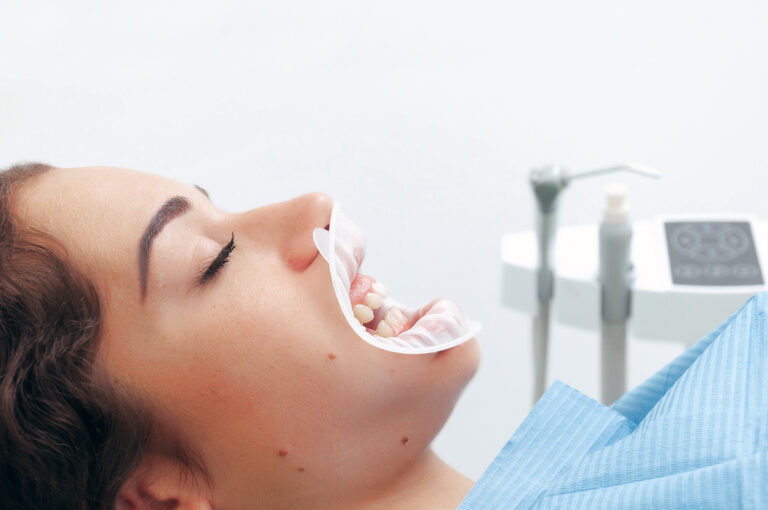Recognizing the Signs of Oral Cancer Early: What to Watch For
The Importance of Early Detection in Oral Cancer
When it comes to health issues, there’s an abundance of advice out there, but few diagnoses sound as daunting as cancer. Oral cancer, in particular, is frequently overlooked when compared to other, more familiar types of cancer. However, recognizing the signs of oral cancer early is key to effective treatment and can greatly improve patient outcomes.
Unfortunately, there’s a general lack of awareness of what oral cancer entails. Many people might not even realize they should be watching for certain signs. Therefore, understanding the importance of early detection is just as crucial as knowing what symptoms to look for. In this article, we’re going to break down the signs of oral cancer and discuss how you can actively engage in preventing or catching it early on.
Common Early Indicators of Oral Cancer
Oral cancer can manifest in several ways, and it’s crucial to remember that symptoms can vary widely among individuals. The most common areas affected include the lips, tongue, cheeks, floor of the mouth, hard and soft palates, sinuses, and throat.
One of the early indicators is a persistent sore or lesion in the mouth that does not heal. Often, these sores can be mistaken for less serious conditions, but any sore lasting more than two weeks should be evaluated by a healthcare professional. Another symptom to be mindful of is a lump or thickening in the tissue of the mouth. This could signify a possible growth that should be taken seriously.
Additionally, patients may experience red or white patches inside the mouth, pain or difficulty swallowing, and numbness in any part of the mouth or face. Swelling of the jaw that causes dentures to fit poorly or become uncomfortable can also be a sign of something amiss. These symptoms require immediate attention from a health care provider.
Regular Dental Check-Ups and Their Role in Health
One proactive step you can take in the fight against oral cancer is maintaining regular dental check-ups. Dentists play a vital role in the early identification of potential signs of cancer. During routine visits, dentists usually perform a screening for oral cancer, checking your mouth for signs of precancerous conditions or existing oral cancer.
Not only do these regular visits help in keeping your teeth healthy, but they also facilitate early detection of any serious conditions, including oral cancer. Dental professionals can identify symptoms that you might overlook or dismiss as insignificant. Don’t underestimate the importance of these visits, as they can be potentially life-saving.
Beyond Traditional Treatments: Advanced Oral Health Therapies
In addition to regular screenings, it’s beneficial to be aware of advanced, integrative therapies available for dental issues that might impact overall oral health. For example, procedures like wisdom tooth extractions performed by experienced practitioners can create a significant improvement in your oral health, potentially lowering cancer risks.
Moreover, the use of PRF/IPRF Therapy is becoming more prevalent as it aids in healing and regenerating tissues naturally, which can be particularly beneficial if you’re prone to frequent sores or lesions in the mouth.
Likewise, addressing dental cavitations, areas of unhealed tissue in your jawbone, can help maintain healthy tissue and bone structure, potentially preventing the development of more serious conditions.
Risk Factors You Should Be Aware Of
Understanding what elevates the risk of oral cancer is also crucial in prevention. Tobacco use remains one of the most significant risk factors. Whether it’s smoking cigarettes, cigars, pipes, or using smokeless tobacco, these habits significantly raise your risk of developing not just oral cancer, but several other cancers as well.
Heavy alcohol consumption is another substantial risk factor. When combined with tobacco use, the risk increases dramatically, far more than the effects of each factor individually. Additionally, prolonged exposure to the sun can increase the risk of cancer on your lips, so using lip balms with adequate SPF is necessary whether you’re headed to the beach or enjoying a busy day in the city.
Furthermore, the role of human papillomavirus (HPV) in increasing the risk of oropharyngeal cancers, including oral cancers, cannot be undermined. HPV-related oral cancers are becoming more common, especially among younger, non-smoking individuals. Being aware of these risk factors is essential in taking preventive steps or getting early screenings if you fall within these groups.
Empower Yourself with Knowledge and Action
Ultimately, the best course of action is awareness and proactive engagement with one’s own health. If you notice any persistent changes in your mouth or lips, don’t wait for your next dental appointment – schedule a visit with a dental care provider as soon as possible.
Educate yourself about the symptoms and risk factors associated with oral cancer, and encourage friends and family to do the same. Early detection saves lives, and by recognizing the signs of oral cancer, you give yourself the best chance for successful treatment.
For more information on maintaining optimal oral health, you can visit Dream Smile Designers, which offers valuable resources and expert insights on keeping your smile healthy and vibrant.

